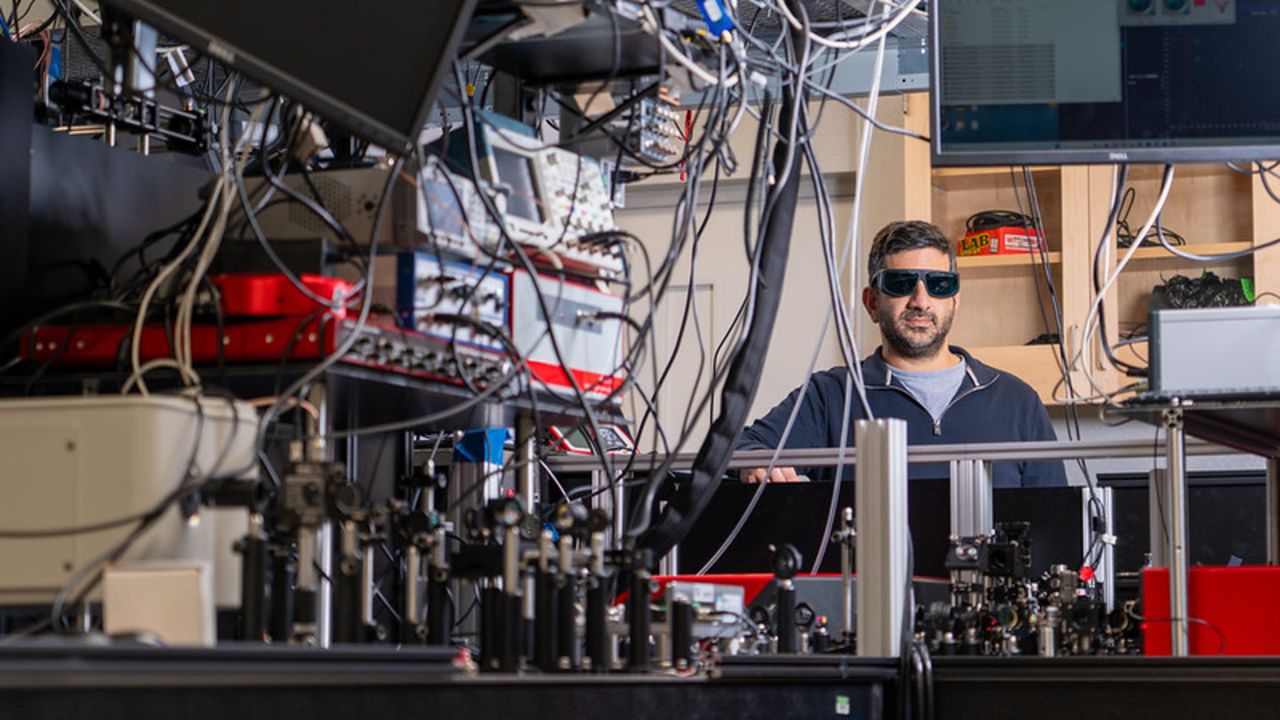Earth’s Falling Reflectivity Means the Planet Is Getting Darker—And Hotter
NegativeScience
Recent studies reveal that Earth's reflectivity is decreasing, leading to a darker planet that could significantly impact weather patterns, rainfall, and global temperatures. This decline in brightness is concerning as it suggests a shift in climate dynamics, potentially exacerbating issues like droughts and extreme weather events. Understanding these changes is crucial for developing strategies to mitigate their effects on our environment and society.
— Curated by the World Pulse Now AI Editorial System
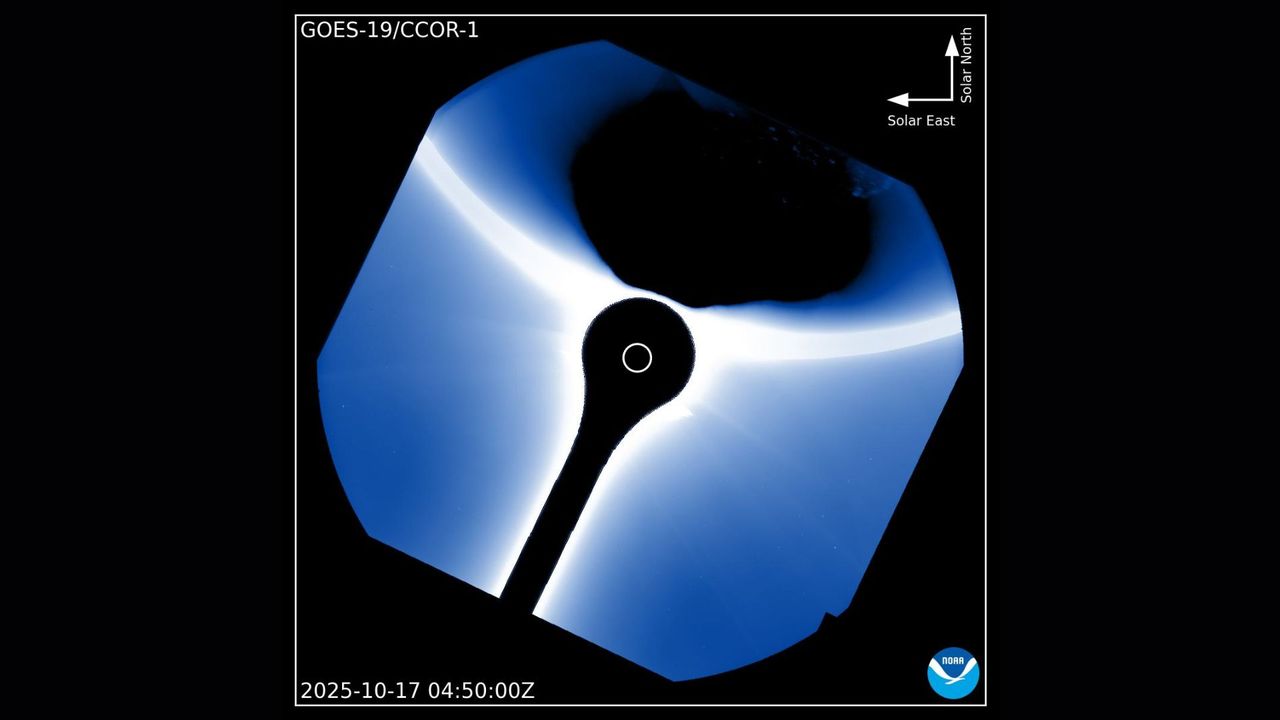
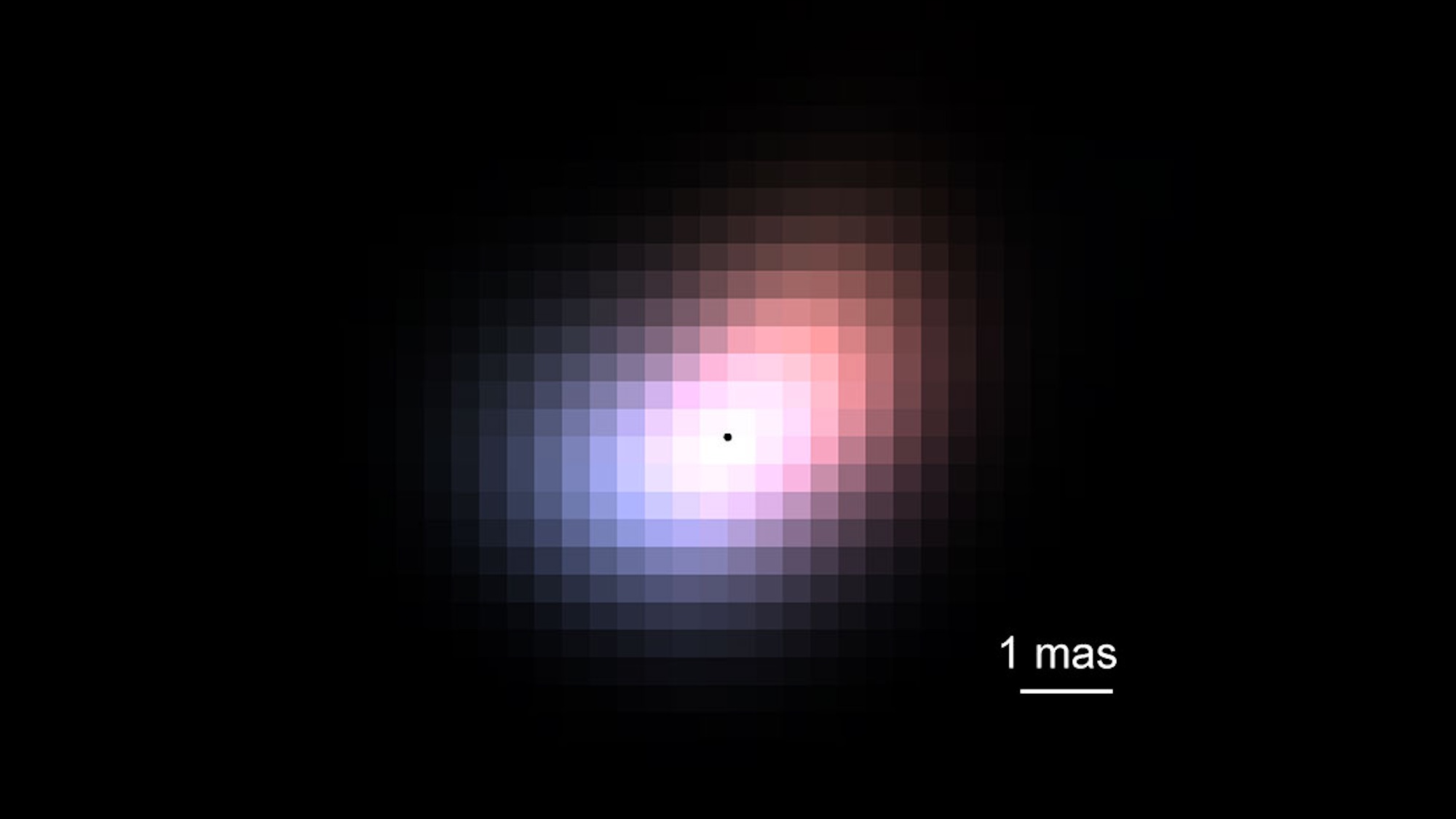
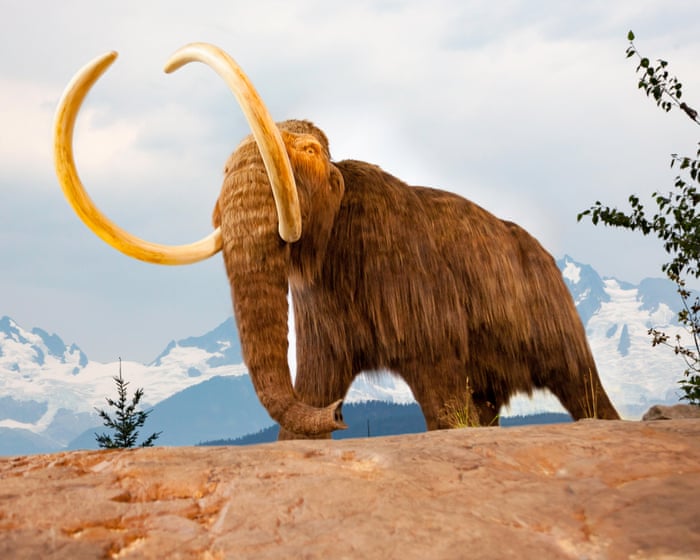

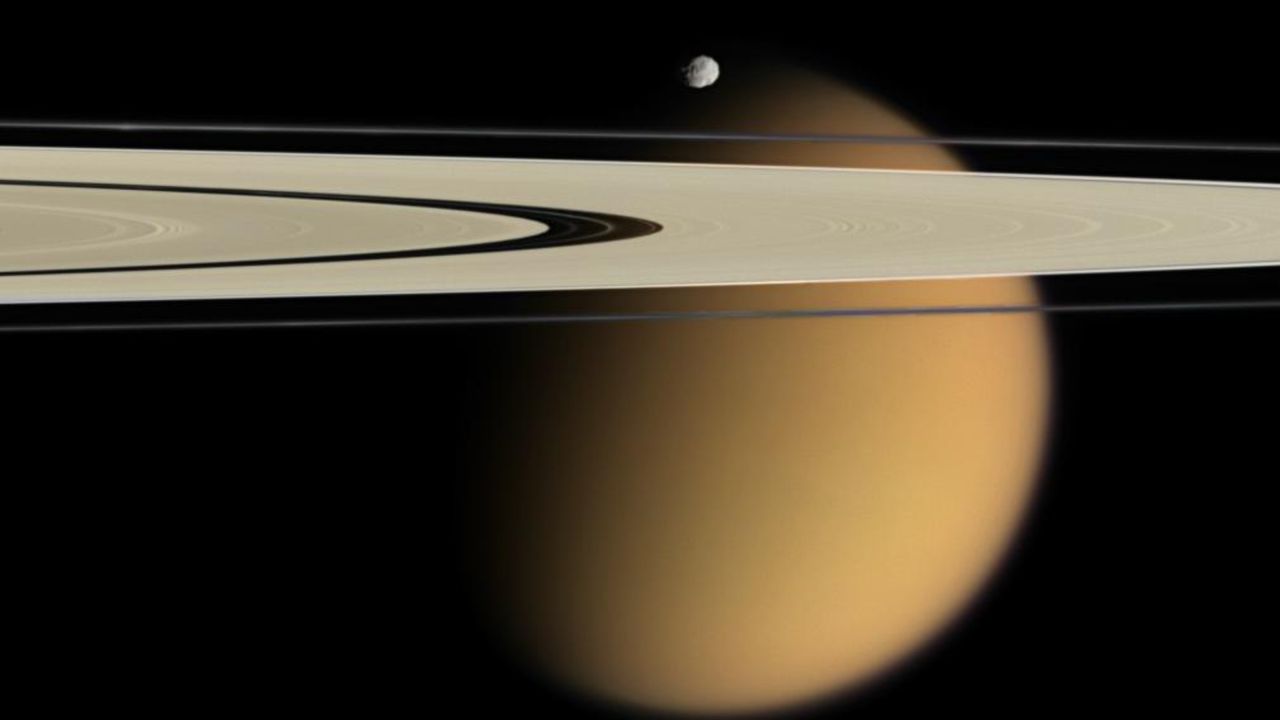
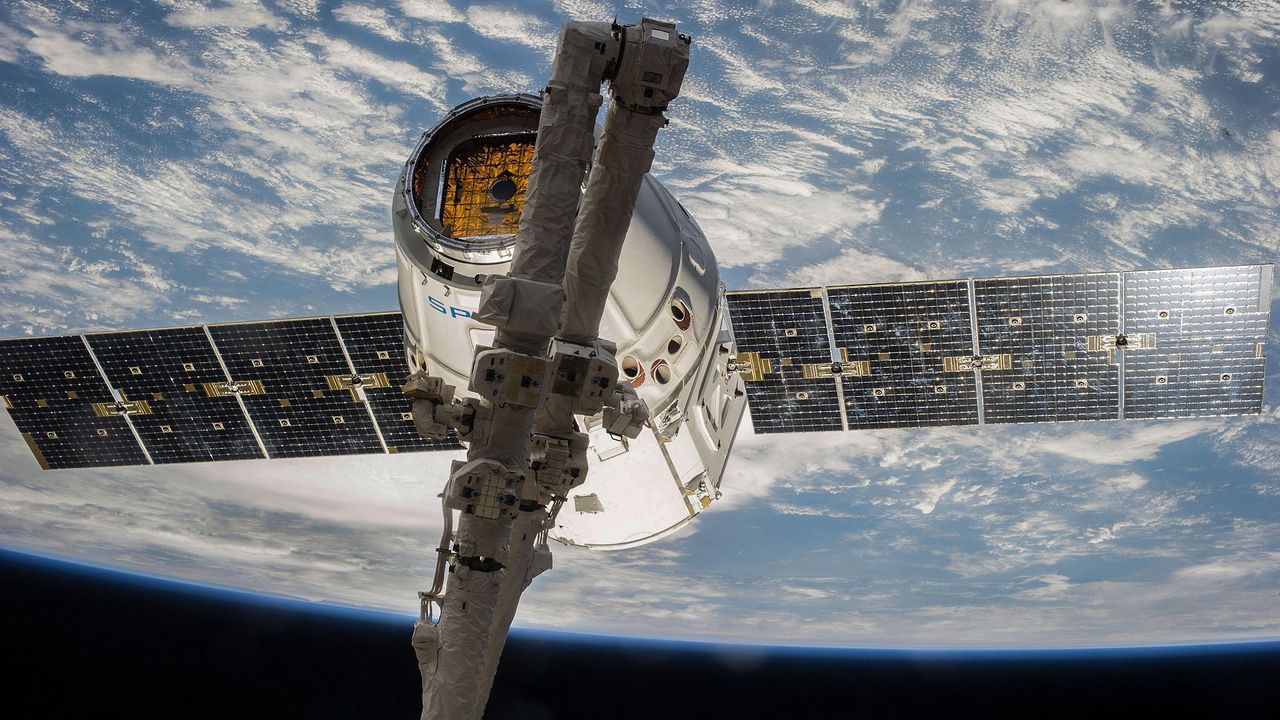

/https://tf-cmsv2-smithsonianmag-media.s3.amazonaws.com/filer_public/2b/13/2b132c3e-2d0a-47b4-8c6b-62b954d9a9af/smithmag-podcast-s04-ep15-aeroecology-article.jpg)
/https://tf-cmsv2-smithsonianmag-media.s3.amazonaws.com/filer_public/c4/6e/c46e33ea-a5b4-43ed-bf42-557bf97b1427/nov2025_h13_tristiangooley.jpg)

